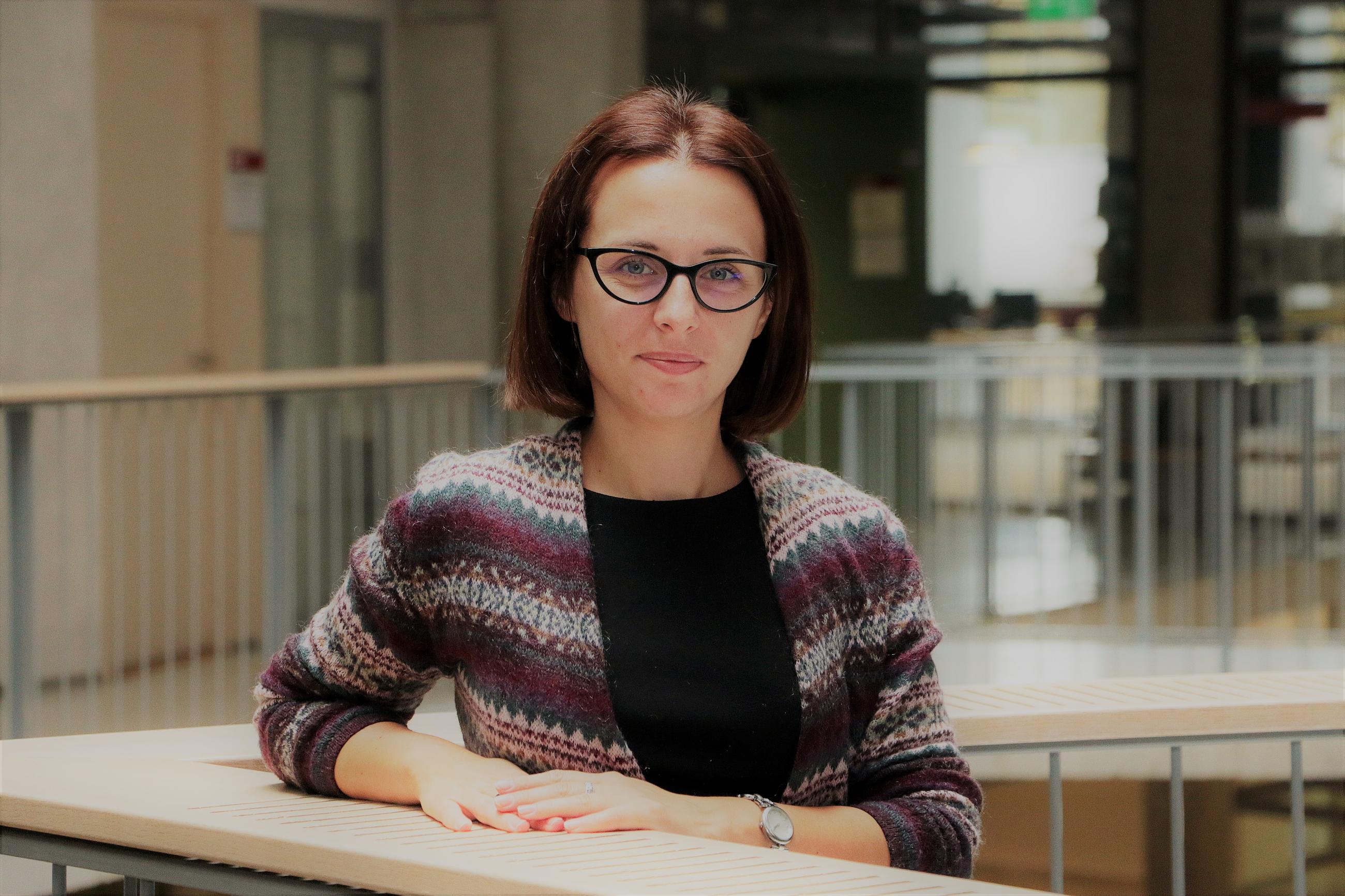Gaining International Research Experience – Get Inspired!
Mihaela Stîngu is a researcher from Romania who came to Tallinn University School of Educational Sciences through an Erasmus project scholarship to do research in teacher leadership and collaboration between schools and universities. We talked with Mihaela to get to know her, discussed her research topics, and asked what this opportunity to work here at Tallinn University gave her as a researcher.

Where are you from, and what kind of professional background do you have?
I am a lecturer at the University of Bucharest, Department of Educational Sciences, and researcher at the Center for Development and Training in Higher Education.
My main research interests are teachers' professional development, with a specific focus on initial teacher education and induction, and evidence-driven policy and practice.
How did you find us and which program supported your stay at Tallinn University?
I have been in contact with Tallinn University through professor Eve Eisenschmidt since 2011 when I came for a short time research period during my Ph.D. studies. The topic of my Ph.D. was the induction of newly qualified teachers.
The collaboration continues with the School of Educational Sciences through an Erasmus project – PROTEACH. My staying here at Tallinn University is supported by the National scholarship program for international students, researchers and academic staff from the Archimedes Foundation. My research period started on the 21st of September and finishes 20th of December 2019.
In your opinion, why should a researcher apply for these kinds of scholarships?
I believe that this kind of scholarship gives the opportunity to see another educational system and get insights for your own educational context.
Also, it is a good opportunity to make connections and to develop further projects together.
What do you do at Tallinn University?
I research on two main areas:
Teacher leadership: This research aims to explore how teacher leadership concept is actualized in Estonian schools and what are the conditions for teacher leadership, based on case studies carried out in five schools in the frame of the school development program.
Collaboration between schools and university: This research aims to identify types of collaboration between schools and universities and how to understand how boundary crossers (researchers/counselors/coaches from university) learn in a school development program in the Estonian context.
Also, I held lectures and some seminars at Tallinn University in the master course of Educational Policy and Leadership on the topic of evidence-driven policymaking.
How do you like Tallinn and Estonia?
Tallinn is a beautiful city, very cozy and welcoming. I have enjoyed a lot just walking around through the streets of the old town and harbor, visit some museums to better understand the history and also read some Estonian literature just for fun.
Could you talk a little more about your everyday life here at university? How do you like to work here, how are people?
I come to university almost every day and depending on what topic I am working on I am sharing the office with different colleagues from the School of Educational Sciences and participate in different meetings and seminars.
When I am not at university I take part in different events that took place in different other places, for example, Eapril Conference in Tartu, Autumn School for Doctoral Students that took place in Vihula. Colleagues here are very welcoming and involved me in all sorts of activities.
I found to be very welcomed and immediately integrated into the research group of Future School project, that are held in School of Educational and work with colleagues from this project on a daily basis. I feel now that I am like a regular member of the team and this feels very good, especially when at the beginning you only know one or two persons.
To be honest it has been a very fruitful period for me, both professionally and personally and it is very hard to believe that it is almost over.
Can you introduce shortly your research results?
Here we are still working on analyzing the results and this process will go on also after my stay here.
For the first topic of teacher leadership, as a general comment – the understanding of teacher leadership among all of the teachers in the participating five schools was relatively similar to each other and we identified conceptualization of teacher leadership into three categories: personal characteristics, leadership activities and the direction of development.
In what conditions for teacher leadership practice, three main categories of conditions emerged: teacher leader related conditions, management-related conditions, and structural and contextual factors.
For the second one, we are in the process of analyzing data that was collected in the last three weeks.
And finally, how is Estonia different from your home country?
Even though both countries have a similar historical background, I cannot say that they are in any way similar. The first thing that comes into my mind is the difference in population. The population of Estonia is 1,4 million and the population of Romania is around 20 million.
Weather was a big challenge for me at the beginning, but I started to acclimate myself. :)
I believe that Estonia has more clearly defined strategic purposes in general, and in the education field in particular that are carried out in a systematic manner. Culturally, I saw some similarities with the Romanian context, but in Estonia, I could also see the mix between soviet background and nordic influences.